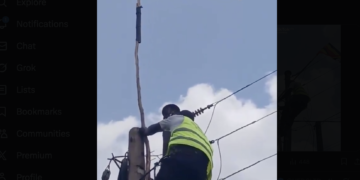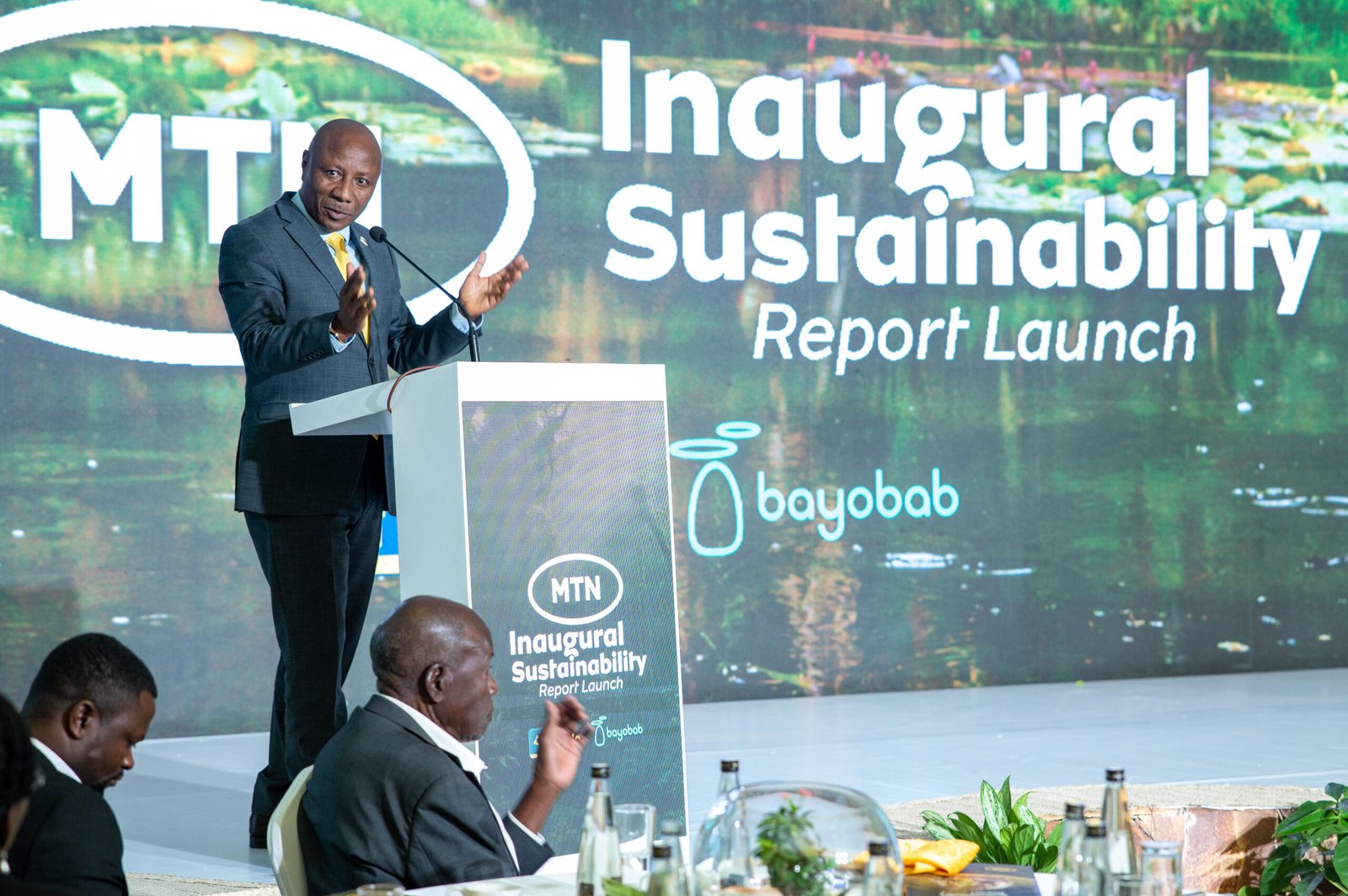By Michael H. Shuman ImpactPHL Perspectives , Genorocity,
“Adopt just one business you love, figure out how much you spend there in a typical year, and — if you can — pay it now,” suggests Michael Shuman, the guest columnist from ImpactPHL Perspectives.
Editor’s note: This guest column was written by Michael H. Shuman, director of local economy programs for Neighborhood Associates Corporation, and was originally published in ImpactPHL Perspectives.
Many of us show our compassion and generosity through acts of adoption. Adopt a tree, adopt a baby giraffe, adopt a schoolchild, etc.
For the last two weeks, my partner Audrey and I adopted a lovely four-legged pooch named Annie. Her “person,” a close friend, had to travel to Western Massachusetts to be with her dying mother. I’m not exactly a dog person — I didn’t grow up with dogs, and throughout my adult life, my travel schedule has made me reluctant even to adopt a cactus. But Annie’s visit lit up our lives. Now that she’s gone, I miss our late evening walks, her unexpected bark-mania riffs, and her periodic dropkicks on our bed at 3 a.m. Adopting Annie was a small way to support my community.
As COVID-19 destroys more American lives than the Vietnam War and more American jobs than the Great Depression, all of us are being called to consider acts of adoption. Here’s an easy possibility: Adopt your favorite local business.
Local businesses are the lifeblood of our communities. They are not only responsible for most of our local jobs and taxes, but also our social anchors. There’s compelling evidence that communities with thriving local businesses have lower rates of crime and poverty, and higher rates of giving, volunteering, and voting.
Today we’re on the verge of losing millions of these businesses. Federal loans will help a few survive — at least those with strong political or bank connections — but others are failing fast. I wish I could agree with our national leaders that the virus is behind us. But the awful truth is that once you remove the New York region from the data, infection, and death rates are still climbing. In some states, this will mean continued shutdowns. In others, it will mean businesses operating with thin traffic, while most traditional customers remain terrified to leave their homes. Either way, the future for local businesses looks bleak.
Over the last 25 years, Main Streets across America have been decimated by shopping malls, box stores, and online behemoths like Amazon. Many clawed their way back through buy-local movements, placemaking initiatives, and smart city planning, but all this progress is in danger of being undone. Every community could soon have its streetscapes dotted with boarded businesses.
That’s why we must act now.
We cannot save every local business. But perhaps we can save a few. So here’s a simple proposal: Adopt just one business you love, figure out how much you spend there in a typical year, and—if you can—pay it now and start a tab there. If your neighbors join you, your favorite business will have a cash-flow bump to rehire old employees and get restarted.
My adopted local business is Busboys and Poets, started by an entrepreneur named Andy Shallal. The first Busboys, near where I once lived in U Street corridor in D.C., was a huge hit. It had a bar, bookstore, restaurant (featuring healthy local food), and event space, and became one of the most important “third places” in the region. It’s where I always do my book launches.
In recent years it has spread to six other locations in the DMV (DC-Maryland-Virginia) region. Andy has trained, hired, and given great pay and benefits to 1,500 people, many young and lacking previous job experience. Andy agreed that I could prepay $1,000 to Busboys, which is what I usually spend in a year, and gave me a $1,200 gift card in appreciation. (Thank you, Andy!)
My friend Judy Wicks, the most dog-friendly person I know (she started and then sold the White Dog Café in Philadelphia), has adopted dozens of her favorite businesses. For several years, Judy has organized a micro-loan fund called “Circle of Aunts and Uncles.” It provides loans to Philly entrepreneurs, mostly lower-income and nonwhite, who don’t have access to “family and friends” capital.
When the pandemic fully hit in March, she encouraged the many thousands of people in her network to buy electronic gift certificates from their adopted businesses that they could use later or just convert into gifts.
If you’re skeptical about whether your personal act of adoption will make a difference, here’s a suggestion: email your favorite business owner and ask. I’m betting that money aside, just the act of reaching out, will be the highlight of his or her otherwise dismal week. But scale matters. How can we convince friends, neighbors, and others to join us? The more businesses we can support this way, the faster we can restore our local economies and communities. Fortunately, there’s at least one company ready to help.
Last year, I introduced my readers to Protegra, a worker-owned company in Winnipeg, Manitoba. It was then marketing a well-designed, buy-local loyalty app called Local Frequency, which rewards every dollar you spend at a locally owned business with discounts and benefits usable at other locally owned businesses. Protegra is keenly aware that communities do not have the bandwidth for launching Local Frequency right now.
But they see the value — as do I — in providing communities with a platform immediately for an “Adopt a Business Campaign.” They call it “Local Futures.” You can read more and watch a short video about it here.
Protegra will work with your community to set this up, list adoptable businesses, and assign an appropriate discount rate for the pre-purchasing. My $500 pre-purchase at the neighborhood deli might be worth $700 of meals as a thank you.
I did point out to Protegra, a Canadian company learning about U.S. law, that in 16 states, the so-called “risk capital test” might consider this transaction a security, which means — outrageously — that the business in those states would have to make an expensive filing to state and federal authorities before it could accept my money. To avoid this problem, you should only adopt businesses which: have been around for a while (i.e., not startups), where you can claim your rewards relatively reliably and easily, and where your discounts are modest.
Honestly, I think this is a pretty easy line to walk. In the other 34 states, there are no such limitations to worry about.
If you’re interested in launching a community wide “Adopt a Business” campaign, please contact Tyler Ibrahim at Protegra immediately. His e-mail is tyler@thelocalfrequency.com. If that too big a step, just adopt a business yourself.
“Sometimes destiny comes into play,” reflects Nicole Kidman about her adopted kids. “These children end up with you, and you end up with them. It’s something quite magical.”

















